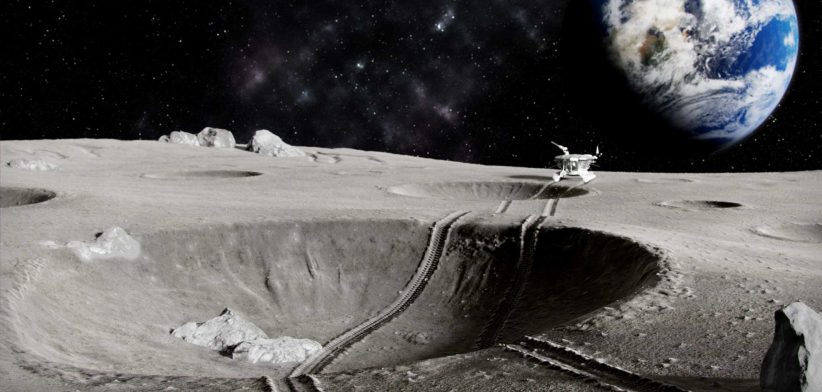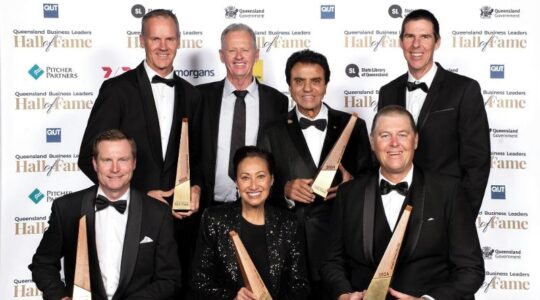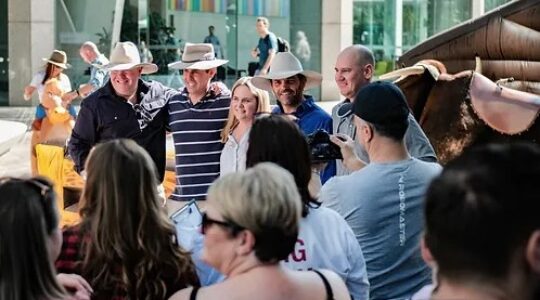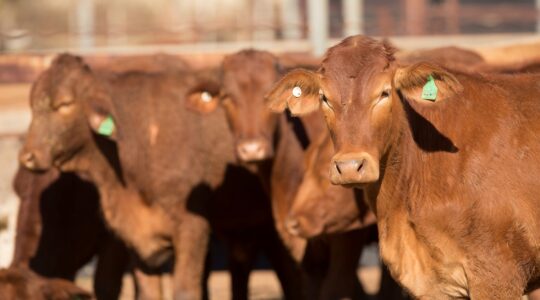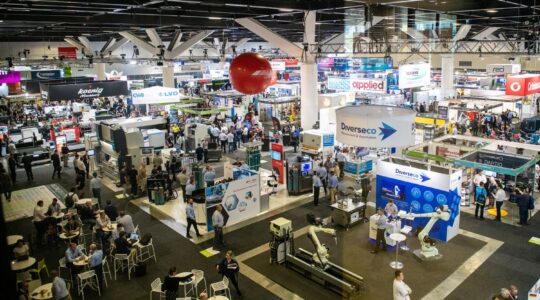A Brisbane-based space technology company has joined the team tasked with designing Australia’s first lunar rover.
Raytracer, headquartered in Bowen Hills, has joined the AROSE Consortium which is charged with developing Australia’s remote operations in space and on Earth.
AROSE was formed in 2019 “to leverage existing remote operations expertise in the Australian resource sector and catalyse knowledge transfer between terrestrial and off-Earth domains for the benefit of all industries”.
Raytracer CEO Peter Clowes said joining the AROSE Consortium was an important step for the company as it developed its specialist technologies for space exploration and remote operations.
“We are looking forward to working with other AROSE members and sharing our knowledge and expertise to support innovative projects,” Mr Clowes said.
“Improvements in technology and the development of workforce skills are enhanced by collaboration. We want to be part of this active and growing remote operations ecosystem.” Mr Clowes said.
Raytracer’s human-to-machine teaming technologies could have a positive impact on projects undertaken by AROSE members.
The company is developing new technologies and expertise in robotics, spatial computing (VR/AR), and artificial intelligence.
Its CARBON, Titan Lake and Digital Twin technologies improve space exploration training and project delivery with benefits for on-Earth industries.
AROSE CEO Leanne Cunnold said Raytracer’s innovative approach to developing technology and expertise was an ideal fit for the Consortium.
In 2023, AROSE reached a major milestone when it was awarded the Stage 1 tender to design a lunar rover for the Australian Space Agency.
Ms Cunnold said it was an exciting time for Australia’s space industry with many opportunities for local companies to expand their service offering, develop workforce skills and become part of the international space supply chain.
“The space sector is a new economic engine for sustainable growth and jobs in Australia. Space innovations are delivering benefits to communities, such as helping fight the impacts of climate change through better resource management and improved efficiencies.”
